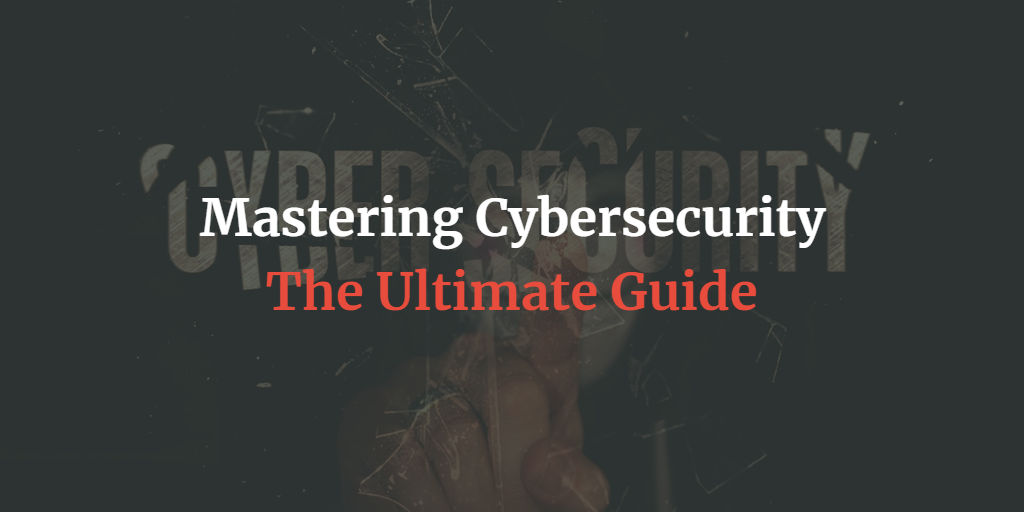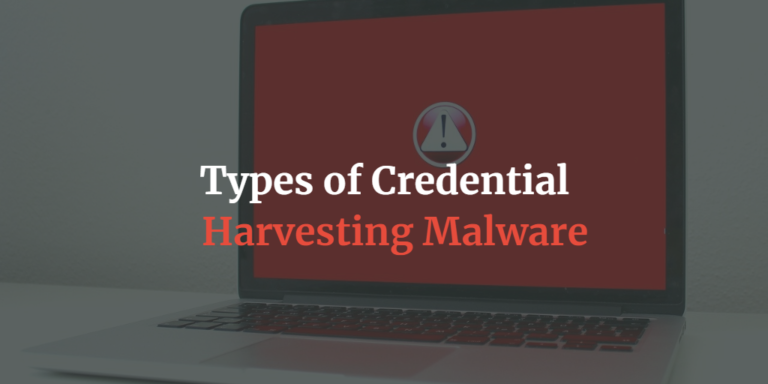Mastering Cybersecurity: The Ultimate Guide

In today’s rapidly evolving digital landscape, cybersecurity has become a critical field – not only for organizations but for individuals too. Whether you’re seeking a career in cybersecurity or just want to safeguard your personal and professional data, mastering cybersecurity is both a rewarding and necessary pursuit.
But how do you as an individual become proficient in cybersecurity? Is it about getting the right certifications, practical experience, or staying updated with the latest cyber trends? The answer lies in a blend of all these aspects. In this article, we’ll explore how you can become a cybersecurity master by building skills, earning certifications, participating in hands-on experiences like Capture the Flag (CTF) competitions, and staying up to date with the latest cyber security news.
1. Building a Strong Foundation in Cybersecurity
Before diving into advanced topics, it’s crucial to build a solid foundation in the core principles of cybersecurity. A basic understanding of how networks, systems, and information work can give you the necessary context for more complex security concepts.
Key Areas to Focus On:
- Networking Basics: Learn how data travels across networks, what protocols are involved, and how networks are structured. Understanding networking will help you comprehend how cyberattacks are launched and how they can be mitigated.
- Operating Systems (OS): Mastering Windows, Linux, and macOS internals is crucial, as different attacks target different OS environments.
- Programming and Scripting: Familiarize yourself with scripting languages like Python, Bash, or PowerShell, which are widely used for automation, testing, and penetration testing.
How to Get Started:
- Books and Resources: Books like “Hacking: The Art of Exploitation“ or “The Web Application Hacker’s Handbook“ are great resources to get you started on understanding cybersecurity fundamentals.
- Online Courses: Platforms like Coursera, Udemy, and Cybrary offer beginner-friendly courses that cover essential cybersecurity topics.
- Blogs and Forums: Keep yourself updated by following cybersecurity blogs, subscribing to newsletters, and engaging with online communities on platforms like Reddit and StackOverflow.
2. Get Certified: The Cybersecurity Certifications Roadmap
One of the best ways to validate your knowledge and skills in cybersecurity is through recognized certifications. Earning certifications not only proves your expertise but also helps you stand out in a crowded job market.
Key Certifications to Consider:
- CompTIA Security+: This is a great entry-level certification that covers fundamental cybersecurity concepts, including risk management, network security, and incident response.
- Certified Ethical Hacker (CEH): This certification focuses on the mindset of an attacker. You’ll learn how to think like a hacker to identify vulnerabilities before bad actors can exploit them.
- Certified Information Systems Security Professional (CISSP): This is an advanced certification that covers cybersecurity management, policy creation, and governance. It’s ideal for professionals looking to take on leadership roles.
- Certified Information Security Manager (CISM):CISM is designed for individuals who are managing, designing, and overseeing enterprise information security programs.
- Offensive Security Certified Professional (OSCP): Known for its practical, hands-on testing, OSCP will push you to prove your penetration testing skills in real-world scenarios.
Each of these certifications builds on a specific set of skills, so it’s wise to start with beginner-level certifications and progressively move towards advanced ones as your experience grows. Paul Jerimy has a great overview of all the different certifications that you can take.
3. Hands-on Practice: Capture the Flag (CTF) Competitions and Homelab
While certifications are valuable, nothing beats hands-on experience when it comes to mastering cybersecurity. One of the best ways to get that experience is by participating in Capture the Flag (CTF) competitions. CTFs simulate real-world hacking scenarios and give you a chance to apply your skills in a competitive and challenging environment.
Types of CTF Challenges:
- Jeopardy-style CTFs: These challenges involve solving puzzles in areas like cryptography, web security, or reverse engineering to earn points. Each problem is standalone, requiring specific knowledge and skills.
- Attack/Defense CTFs: Here, participants are divided into teams, and each team is tasked with defending their systems while trying to exploit the vulnerabilities of other teams. This closely mimics real-world offensive and defensive cybersecurity scenarios.
Why Participate in CTFs?
- Hands-on Learning: You get to work on real-world scenarios, from penetration testing to system exploitation, all in a safe and legal environment.
- Networking: You’ll meet like-minded professionals and enthusiasts, which can lead to career opportunities, mentorship, and collaborative projects.
- Improving Problem-Solving Skills: CTFs require creativity and analytical thinking, skills that are invaluable in cybersecurity roles.
To get started with CTFs, try platforms like:
- Hack The Box (HTB): Offers a wide variety of CTF challenges for beginners and experts alike.
- CTFtime.org: Tracks upcoming CTF events, allowing you to participate in a variety of competitions hosted by different organizations.
- OverTheWire: A great place to start for beginners, offering CTF games that focus on system and network vulnerabilities.
Setting up a Homelab
A cybersecurity homelab is one of the best ways to gain that hands-on experience in a safe, controlled environment. Whether you’re preparing for a cybersecurity career, practicing penetration testing, or honing your skills for a Capture the Flag (CTF) competition, setting up a homelab allows you to simulate real-world scenarios. Check out our comprehenseive step-by-step tutorial on how to set up a homelab to practice penetration testing.
4. Keep Practicing with Bug Bounty Programs
Another fantastic way to hone your skills is by participating in bug bounty programs. These programs, run by companies like Google, Facebook, and Bugcrowd, reward individuals for finding and reporting security vulnerabilities in their applications or systems. Not only is this an excellent opportunity to practice your hacking skills in a real-world setting, but it can also be quite lucrative.
How to Get Started:
- Join Platforms: Websites like HackerOne and Bugcrowd host bug bounty programs for various organizations. You can browse open programs and choose ones based on your skill level.
- Focus on Web Applications: Many bug bounty programs focus on web vulnerabilities, so mastering common vulnerabilities such as SQL injection, cross-site scripting (XSS), and broken authentication is key to success.
5. Stay Updated: Follow the Latest Cybersecurity Trends
Cybersecurity is a field that evolves rapidly. What is considered best practice today might be obsolete tomorrow, so staying informed is crucial to mastering cybersecurity. Follow the latest trends, tools, and research by:
- Subscribing to Cybersecurity Newsletters: Sources like The Hacker News, Krebs on Security, and Dark Reading provide daily updates on cybersecurity threats and news.
- Attending Conferences: Conferences like Black Hat, DEFCON, and RSA provide the latest insights and tools from industry experts and allow you to network with professionals.
- Following Influential Cybersecurity Experts on Social Media: Engage with leaders in the industry who often share their insights, research findings, and tips.
6. Join Cybersecurity Communities
Learning doesn’t have to be a solo journey. By joining cybersecurity communities, you gain access to shared resources, peer support, and networking opportunities that can accelerate your learning. You can participate in forums like:
- Reddit: Active discussion forums where people share advice, ask questions, and post resources.
- Discord or Slack Groups: Many cybersecurity-focused groups exist that foster collaboration, CTF team formation, and idea-sharing.
- Local Meetups: Look for cybersecurity meetups in your area, where you can connect with professionals, attend workshops, and even participate in live hacking events.
Mastering Cybersecurity is a Lifelong Journey
Mastering cybersecurity is a continuous process that requires both theoretical knowledge and hands-on experience. As an individual, you can start your journey by building a strong foundation, earning relevant certifications, and constantly practicing your skills through CTFs and bug bounty programs. Keep learning, stay curious, and remain adaptable to the ever-changing digital landscape.
Whether you’re aiming for a career in cybersecurity or just looking to secure your personal and professional digital assets, following these steps will put you on the path to becoming a cybersecurity expert.
Ready to begin your cybersecurity journey? Share your thoughts in the comments below!







